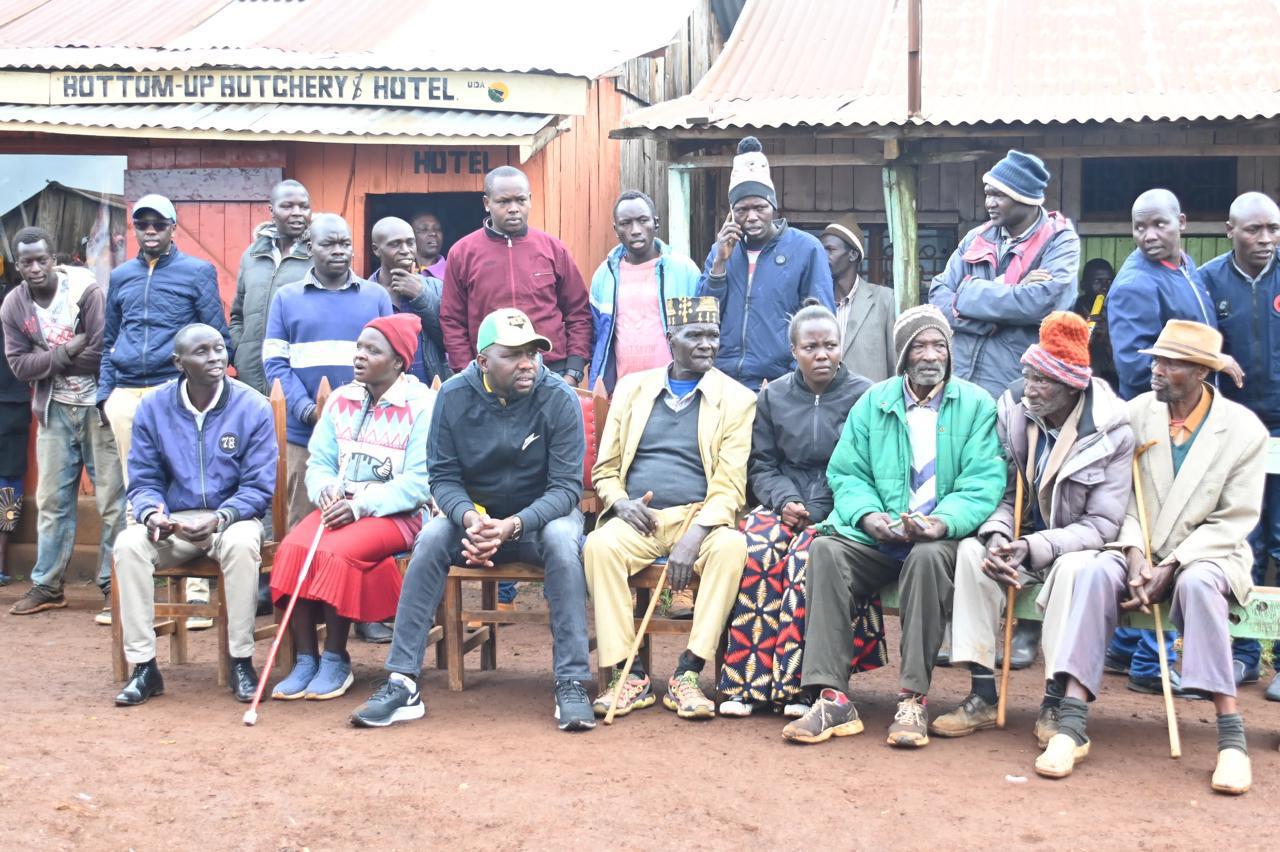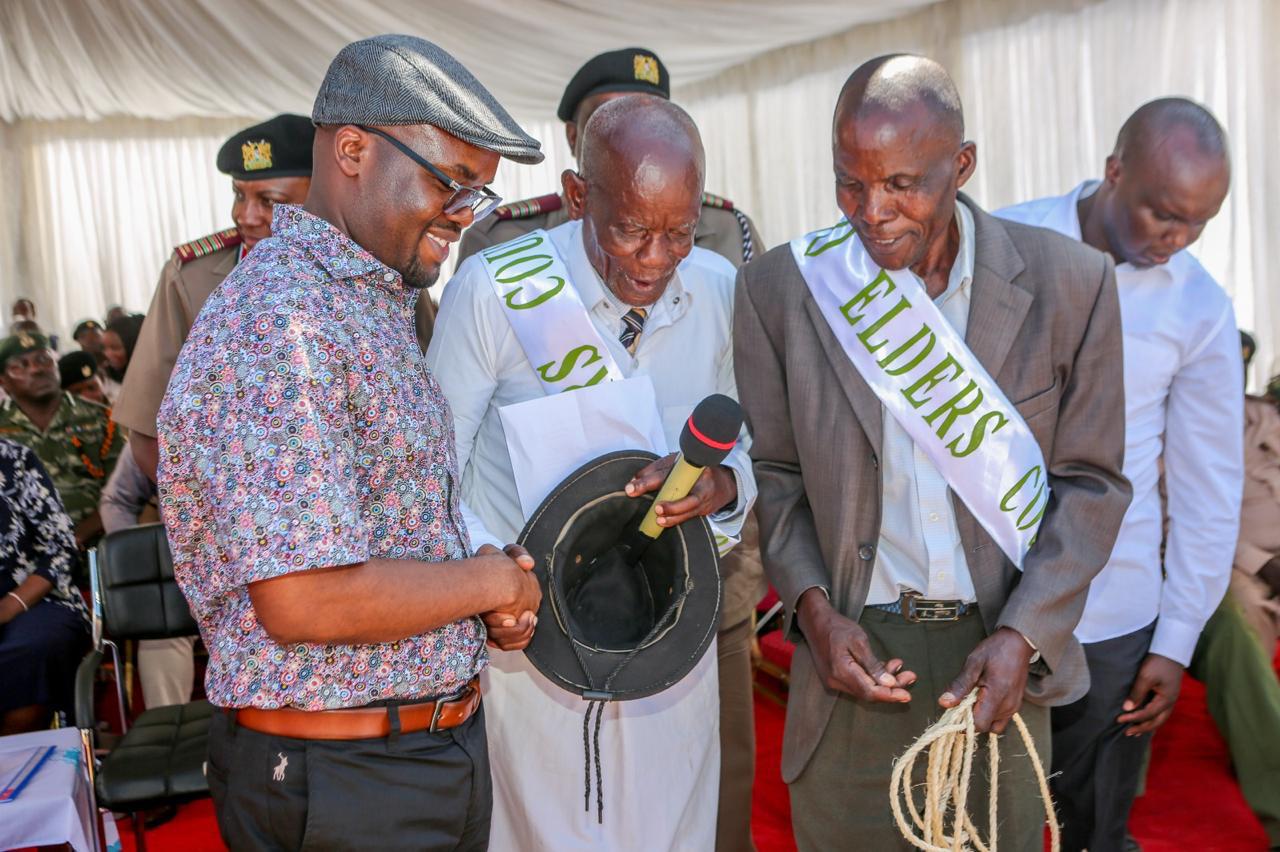

The government has called on the public to give their views on the Village Elder policy before it is officially launched.
The National Government Village Administration Policy will guide the participation of village elders in public governance.
The policy is part of the Ministry of Interior’s efforts to strengthen the National Government's village administration across the country.
“This policy seeks to onboard village elders into the formal National Government Administration Infrastructure,” the ministry said.
The policy identifies the qualification criteria of village elders and provides a framework for their facilitation.
It also establishes clear structures and processes for governance within villages that are aligned with the broader National development agenda.
“Through this policy, the Ministry of Interior seeks to empower village elders to manage local community affairs.”
The policy further aims to streamline communication between the National Government and local and grassroots communities.
The policy outlines that for one to qualify to become a village elder, there must be recognition through public participation.
He or she must be a citizen of Kenya and of sound mind, and also Knowledgeable about the village, culture and residents.

Other criteria include meeting the requirements of Chapter Six of the Constitution, as well as being “A visionary person with charisma and good standing in the community.”
One must also be a resident of the respective Village for a continuous period of not less than five years prior to the recognition date.
In the new policy, Village elders will play the following roles and responsibilities: administer the village where they reside, document and maintain a village incidents’ register, and promote peace, security and good governance in the village in collaboration with other relevant government agencies.
The elders will also participate in the settlement of civil disputes at the village level through Alternative Dispute Resolution (ADR), provide intelligence and early warning information through the Assistant Chief and provide liaison between the community and the National Government through the Assistant Chief.
They will also promote village welfare and cordial working inter-governmental relations within the Village and any other lawful assignments from the Assistant Chief.
The launch of the policy comes a few months after the Ministry of Interior also proposed a Sh7,000 monthly allowance, depending on Kenya's economic conditions, for village elders across the country.
The Ministry insisted that compensation of village elders will strengthen grassroots governance and community development in the country.
Throughout Kenya's history, village elders have played a crucial role in grassroots governance.
This, it said, has been going on with the elders playing this role as volunteers, representing the government's interests at the local level, and overseeing villages under the guidance of Chiefs and Assistant Chiefs.











